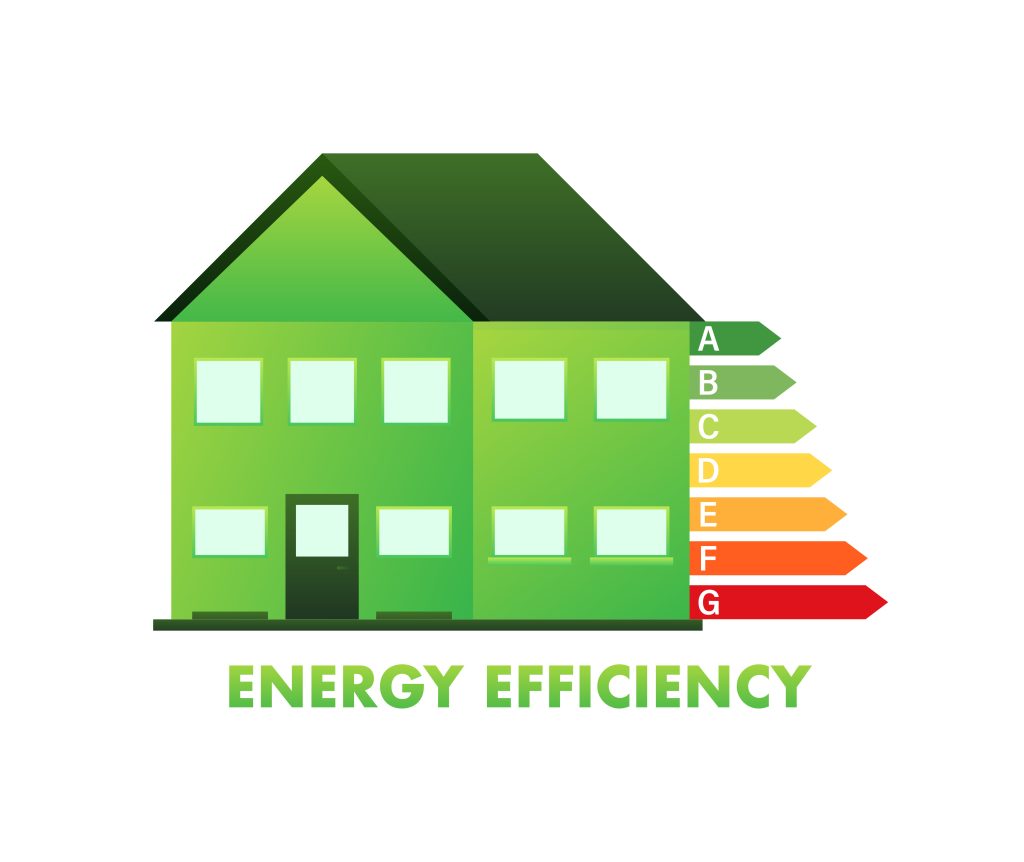An EPC is a legally required document that certifies the assessment of the energy efficiency of a property. It provides a rating on a scale from A (most efficient) to G (least efficient) and offers recommendations for improving energy efficiency. The aim is to help tenants and potential buyers make informed decisions about energy consumption and costs associated with a property.
Why do EPCs matter for Landlords?
It is a legal requirement – It is a legal requirement for landlords to have a valid EPC prior to the marketing of a property for rent or for the renewal of a lease. Failure to comply can result in fines.
To attract Tenants – Properties with higher EPC ratings are more attractive to tenants. An energy-efficient property not only reduces utility bills but also contributes to tenant comfort and satisfaction.
Future Proofing – Energy efficiency is becoming increasingly important in the commercial property market. Having a high EPC rating can make your property more appealing to environmentally conscious tenants, investors, and lenders.
Cost efficient – By implementing the recommended energy-saving measures, you can reduce utility costs and potentially increase the property’s value, making it a win-win situation.
Here are some of our tips to help you improve your property’s marketability, reduce costs, and contribute to a more sustainable future:
Schedule EPC Assessments early – Ensure that you obtain an EPC well in advance of marketing your property for rent. EPCs are valid for ten years, so you will not need to worry about frequent renewals.
Understand your current EPC rating – familiarise yourself with your property’s existing EPC rating. This will help you identify areas for improvement and set goals for energy efficiency upgrades.
Invest in energy efficient upgrades – consider implementing the recommended energy-saving measures from the EPC report. These may include installing double glazing, upgrading insulation, or installing energy-efficient heating systems.
Keep records – Maintain a record of your property’s EPCs and any energy-efficient improvements you make. This will be valuable for future reference.
Plan for the future – As energy efficiency standards evolve, stay informed about any changes in regulations or incentives that could affect your property. Being proactive can help you maintain a competitive edge.
Use EPCs as a marketing tool – Highlight your property’s high EPC rating in your rental listings and marketing materials. This can attract eco-conscious tenants and demonstrate your commitment to energy efficiency.
By following these tips and embracing energy efficiency, you can benefit both your bottom line and the environment while fulfilling your responsibilities as a conscientious landlord.
If you need assistance with commercial property matters, please contact the Commercial Property Team at Savage Silk on 0345 209 4700.
Please note that this article is for information purposes only and it is not intended to be legal advice. It is always advisable to obtain independent legal advice from a solicitor before you sign any documentation.
David Williams, Partner, Commercial Property

